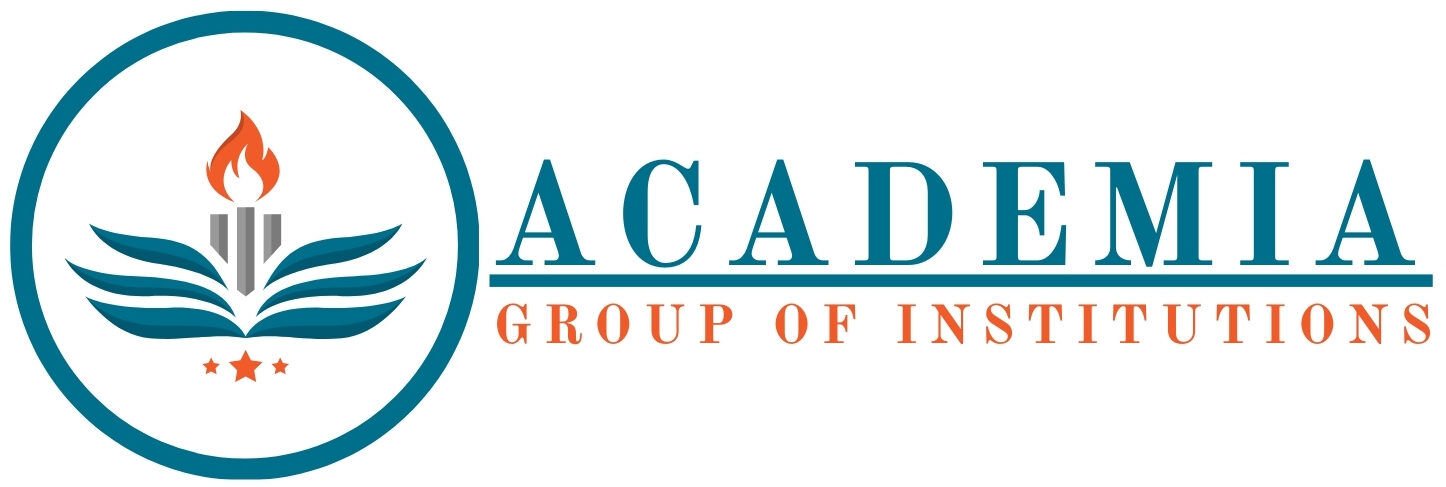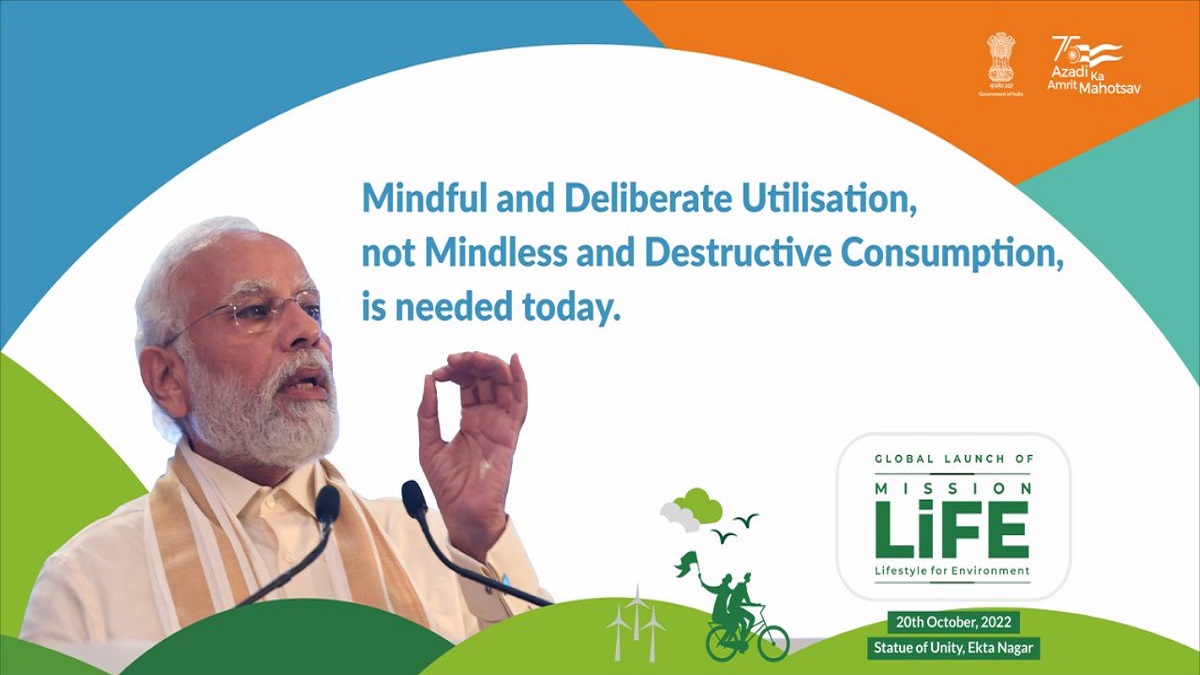The Union Public Service Commission (UPSC) conducts the Civil Services Examination (CSE) annually. It is one of the most competitive exams in India, for which the detailed syllabus is divided into three stages: Preliminary Examination, Mains Examination, and the Personality Test (Interview). Here is the exhaustive syllabus for each stage.
Preliminary Examination
The Preliminary Examination consists of two papers of objective type (multiple-choice questions) and carries a maximum of 400 marks.
Paper I: General Studies (200 marks)
- Current events of national and international importance
- History of India and Indian National Movement
- Indian and World Geography – Physical, Social, Economic Geography of India and the World
- Indian Polity and Governance – Constitution, Political System, Panchayati Raj, Public Policy, Rights Issues, etc.
- Economic and Social Development – Sustainable Development, Poverty, Inclusion, Demographics, Social Sector Initiatives, etc.
- General issues on Environmental Ecology, Biodiversity and Climate Change – that do not require subject specialization
- General Science
Paper II: Civil Services Aptitude Test (CSAT) (200 marks)
- Comprehension
- Interpersonal skills including communication skills
- Logical reasoning and analytical ability
- Decision-making and problem-solving
- General mental ability
- Basic numeracy (numbers and their relations, orders of magnitude, etc.) (Class X level)
- Data interpretation (charts, graphs, tables, data sufficiency, etc. – Class X level)
Note: Paper-II is qualifying in nature; candidates need to score a minimum of 33% to qualify for the Mains Examination.
Mains Examination
The Mains Examination consists of nine papers of conventional essay type, written in the medium or language of the candidate’s choice. Out of these, two papers are of qualifying nature.
Compulsory Papers:
Paper-A: Indian Language (300 marks)
- Candidates have to choose any Indian Language from the Eighth Schedule of the Indian Constitution.
- It will include comprehension, precis writing, usage and vocabulary, short essays, translation from English to the Indian language and vice-versa.
Paper-B: English (300 marks)
- The English paper would be focused on the candidates’ understanding of English and workmanlike use of words.
Papers to be counted for merit:
Paper-I: Essay (250 marks)
Paper-II: General Studies I (250 marks)
- Indian Heritage and Culture, History, and Geography of the World and Society
Paper-III: General Studies II (250 marks)
- Governance, Constitution, Polity, Social Justice and International relations
Paper-IV: General Studies III (250 marks)
- Technology, Economic Development, Biodiversity, Environment, Security and Disaster Management
Paper-V: General Studies IV (250 marks)
- Ethics, Integrity, and Aptitude
Paper-VI & VII: Optional Subjects (250 marks each)
- Candidates may choose any two subjects from the list of optional subjects provided by UPSC.
Personality Test (Interview) – 275 marks
The final stage of the examination is the Personality Test. Candidates who qualify for the Mains Examination are called for an interview, which will assess their suitability for a career in public service through a board of competent and unbiased observers. The test aims to assess the personal suitability of the candidate for a career in public service.
Keep in mind that UPSC may change the syllabus and pattern at their discretion, so it’s crucial to stay updated with the official https://upsc.gov.in/ for the latest information and changes.
This detailed syllabus should serve as a comprehensive guide for aspirants preparing for the UPSC Civil Services Examination.
General Studies I Syllabus for UPSC Civil Services Mains Examination
Paper-II: General Studies I (250 marks)
- Indian Heritage and Culture
- Art Forms, Literature, and Architecture from ancient to modern times
- History
- Modern Indian history from the middle of the 18th century until the present
- Significant events, personalities, and issues during the colonial period
- Freedom Struggle – various stages and contributions from different parts of the country
- Post-independence consolidation and reorganization within the country
- Geography of the World and Society
- Salient features of world’s physical geography
- Distribution of key natural resources across the world (including South Asia and the Indian subcontinent)
- Factors responsible for the location of primary, secondary, and tertiary sector industries in various parts of the world (including India)
- Important Geophysical phenomena such as earthquakes, Tsunami, Volcanic activity, cyclones, etc.
- Geographical features and their location- changes in critical geographical features (including waterbodies and ice-caps) and in flora and fauna and the effects of such changes
The syllabus offers a comprehensive overview of India’s rich cultural heritage and an in-depth look at its history, presenting a broad learning canvas for candidates. It also integrates world geography with a focus on natural resource distribution, industrial locations, and critical geophysical phenomena, linking this information with societal impacts and changes.
Candidates should prepare these topics in-depth to write analytical and informative essays for the UPSC Civil Services Mains Examination.
General Studies II Syllabus for UPSC Civil Services Mains Examination
Paper-III: General Studies II (250 marks)
Grounded in the governance systems, political structures, and societal norms, the General Studies II paper is structured to test the knowledge and application abilities of the candidates in various topics related to the Indian polity and the international environment. The following outlines the broad dimensions the paper covers:
- Governance
- Constitution, significant provisions, and basic structure
- Functions and responsibilities of the Union and the States, issues, and challenges pertaining to the federal structure
- Devolution of powers and finances up to local levels and challenges therein
- Separation of powers between various organs, dispute redressal mechanisms, and institutions
- Comparison of the Indian constitutional scheme with that of other countries
- Regulatory bodies- statutory, non-statutory and quasi-judicial
- Transparency and accountability and institutional and other measures
- Role of civil services in a democracy
- Constitution
- Historical underpinnings, evolution, features, amendments, significant provisions, and basic structure
- Structure, organization, and functioning of the Executive and the Judiciary, as well as Ministries and Departments of the Government
- Pressure groups and formal/informal associations and their role in the polity
- Salient features of the Representation of People’s Act
- Polity
- Appointment to various Constitutional posts, powers, functions, and responsibilities of various Constitutional Bodies
- Structure, organization, and functioning of the Executive and the Judiciary, as well as Ministries and Departments of the Government
- Welfare schemes for vulnerable sections of the population by the Centre and States and the performance of these schemes
- Social Justice
- Mechanisms, laws, institutions, and Bodies constituted for the protection and betterment of vulnerable sections
- Issues relating to development and management of Social Sector/Services relating to Health, Education, Human Resources
- Important aspects of governance, transparency, and accountability, e- governance applications, models, successes, limitations, and potential
- Role of NGOs, SHGs, various groups and associations, donors, charities, institutional and other stakeholders
- International Relations
- India and its neighborhood – relations
- Bilateral, regional and global groupings and agreements involving India and/or affecting India’s interests
- Effect of policies and politics of developed and developing countries on India’s interests, Indian diaspora
- Important International institutions, agencies, and fora- their structure, mandate
Candidates should prepare to not only recollect factual information but also critically analyze and interlink these topics with current affairs, articulating their thoughts with clarity and precision. It is crucial for candidates to stay updated with the latest national and international events, read standard texts, and practice writing essays to enhance their ability to express a well-rounded perspective on these subjects.
General Studies III Syllabus for UPSC Civil Services Mains Examination
Paper-IV: General Studies III (250 marks)
The General Studies III paper is technology-centric, focusing on economic development, and sheds light on issues concerning biodiversity, the environment, security, and disaster management. Here are the key topics that candidates need to prepare for:
- Technology
- Development and application of Science and Technology in the daily life of people.
- Achievements of Indians in science & technology; indigenization of technology and developing new technology.
- Awareness in the fields of IT, space, computers, robotics, nano-technology, bio-technology.
- Issues relating to intellectual property rights.
- Economic Development
- Inclusive growth and issues arising from it.
- Government Budgeting.
- Major changes in the economy in the post-reform period.
- Effects of liberalization on the economy, changes in industrial policy and their effects on industrial growth.
- Infrastructure: Energy, Ports, Roads, Airports, Railways, etc.
- Investment models.
- Biodiversity
- Conservation, environmental pollution and degradation, environmental impact assessment.
- Flora and fauna of India.
- Biodiversity – its importance, threats, and conservation measures.
- Environment
- Environmental impact assessment.
- Climate change – related issues and challenges.
- Different types of pollution and their effects.
- Sustainable development and environment.
- Security
- Various security forces in India and their mandate.
- Challenges to internal security through communication networks, role of media and social networking sites in internal security challenges.
- Basics of cybersecurity; money-laundering and its prevention.
- Security challenges and their management in border areas; linkages of organized crime with terrorism.
- Disaster Management
- Concepts of disaster and disaster management.
- Different types of natural and man-made disasters, their significance, and means of response.
- Disaster preparedness and national disaster management structures, mechanisms, and guidelines.
For a comprehensive understanding of General Studies III, candidates should blend their theoretical knowledge with current affairs and policy developments affecting these areas. It is recommended to refer to official government reports, case studies, and authoritative articles to gain a holistic perspective. Additionally, answering previous years’ question papers and taking mock tests can greatly assist in excelling at this paper.
General Studies IV Syllabus for UPSC Civil Services Mains Examination
Paper-V: General Studies IV (250 marks)
General Studies IV, also known as Ethics, Integrity, and Aptitude, is designed to evaluate the candidates’ approach to issues relating to integrity, probity in public life, and their problem-solving approach to various issues and conflicts faced by them in dealing with society. Candidates will be assessed on their attitude and approach to issues relating to integrity, ethics, and aptitude. The following are the main areas of focus in this paper:
- Ethics and Human Interface
- Essence, determinants and consequences of Ethics in human actions
- Dimensions of ethics
- Ethics in private and public relationships
- Human Values – lessons from the lives and teachings of great leaders, reformers and administrators
- Role of family, society and educational institutions in inculcating values
- Attitude
- Content, structure, function
- Its influence and relation with thought and behavior
- Moral and political attitudes
- Social influence and persuasion
- Aptitude
- Aptitude and foundational values for Civil Service
- Integrity, impartiality and non-partisanship, objectivity
- Dedication to public service, empathy, tolerance and compassion towards the weaker sections
- Emotional Intelligence
- Concepts, and their utilities and application in administration and governance
- Contributions of Moral Thinkers and Philosophers from India and World
- Contributions of moral thinkers and philosophers from India and the world to the concepts of morality
- Public/Civil Service Values and Ethics in Public Administration
- Status and problems
- Ethical concerns and dilemmas in government and private institutions
- Laws, rules, regulations and conscience as sources of ethical guidance
- Accountability and ethical governance
- Strengthening of ethical and moral values in governance
- Ethical issues in international relations and funding
- Corporate governance
- Probity in Governance
- Concept of public service
- Philosophical basis of governance and probity
- Information sharing and transparency in government
- Right to Information
- Codes of ethics
- Codes of conduct
- Citizen’s charters
- Work culture
- Quality of service delivery
- Utilization of public funds
- Challenges of corruption
- Case Studies on above issues
The case studies in the syllabus are particularly important as they require the application of ethical theory to real-life situations, testing the candidates’ ability to analyze complex issues and come up with pragmatic solutions that demonstrate their ethical reasoning and decision-making skills. In preparation for the examination, candidates should read extensively in the area of ethics, try to relate philosophical teachings to current events and public administration, actively engage with mock case studies, and reflect on real-life situations to develop a nuanced understanding of the application of ethics to public administration.





